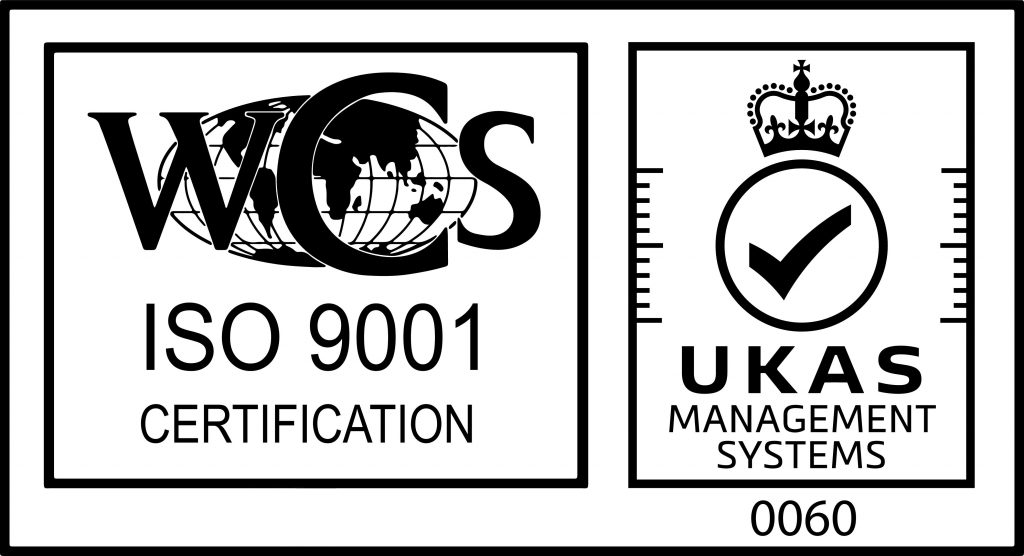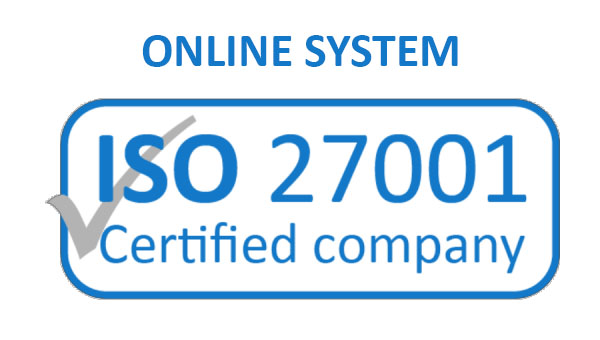It is important to know the difference between spent and unspent convictions in order to give the correct information if you are ever asked by an employer in case of a DBS/CRB check being carried out.
What is the difference between spent and unspent?
The difference between a spent and unspent conviction is based on the Rehabilitation of Offenders Act, this is based on the sentence you would receive by a Judge or Magistrate in court, For example a conviction resulting in a fine would not become spent until 1 year has lapsed from the date you were convicted, not the date the offence was committed.
For any Spent Conviction
- For job roles were only a Basic disclosure is required for example working in retail/wholesale etc you do not need to disclose spent convictions to an employer
- They will not be disclosed on a basic criminal record check.
- For some jobs you will need to disclose them if asked – these jobs will usually involve a standard or enhanced criminal record check. You only need to disclose this information if the conviction is not currently filtered (removed from a DBS/CRB check) in line with current Government guidance.
- They will still be disclosed on standard and enhanced criminal record checks (unless filtered)
- You might need to disclose them when travelling or working outside of the UK
| SENTENCE | Rehab Period age under 18 when convicted | Rehab Period age 18 or over when convicted |
| Prison sentence over 4 years | Never Spent | Never Spent |
| Prison sentence of 2 ½ years to 4 years | Sentence + 3 ½ Years | Sentence + 7 Years |
| Prison sentences of more than 6 months to 2 ½ years | Sentence + 2 Years | Sentence + 4 Years |
| Prison sentences of 6 months or less | Sentence + 18 Months | Sentence + 2 years |
| Community Service Order (Probation) | 6 Months | 1 Year |
| Fines | 6 months | 1 year |
| Absolute Discharge | Spent immediately | Spent immediately |
For any Unspent Convictions
- If asked by an employer, you have to disclose them,
- They will be disclosed on all types of criminal record disclosure (basic, standard and enhanced).
- You could be prosecuted if you fail to disclose unspent convictions when asked.
What is Filtering of convictions?
Filtering of convictions is the removal of offences off a DBS/CRB certificate.
In line with current guidance convictions are now filtered if:
Over 18 at the time of conviction:
- It was more than 11 years ago
- It is the only conviction on file
- It did not result in a prison sentence
- The conviction is not of a serious, violent or sexual nature.
Under 18 at the time of conviction:
- It was more than 5 years ago
- It did not result in a prison sentence
- It is the only conviction on file
- It is not on the list of serious violent and sexual offences
For further advice on the information discussed in this blog on filtering of convictions or the Rehabilitation of Offenders Act, call our friendly team of specialists today on 01942 609365 or follow the link below:



